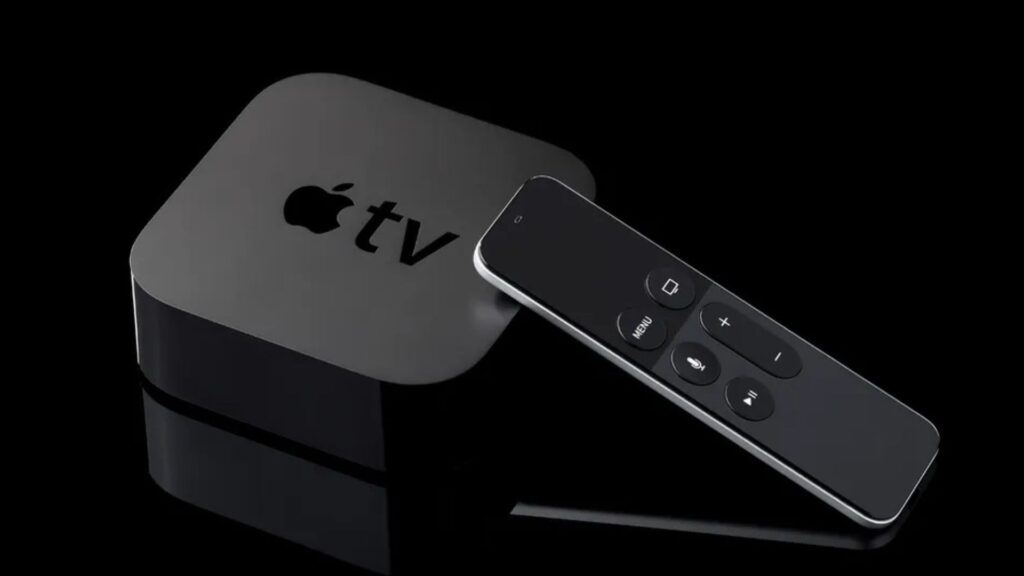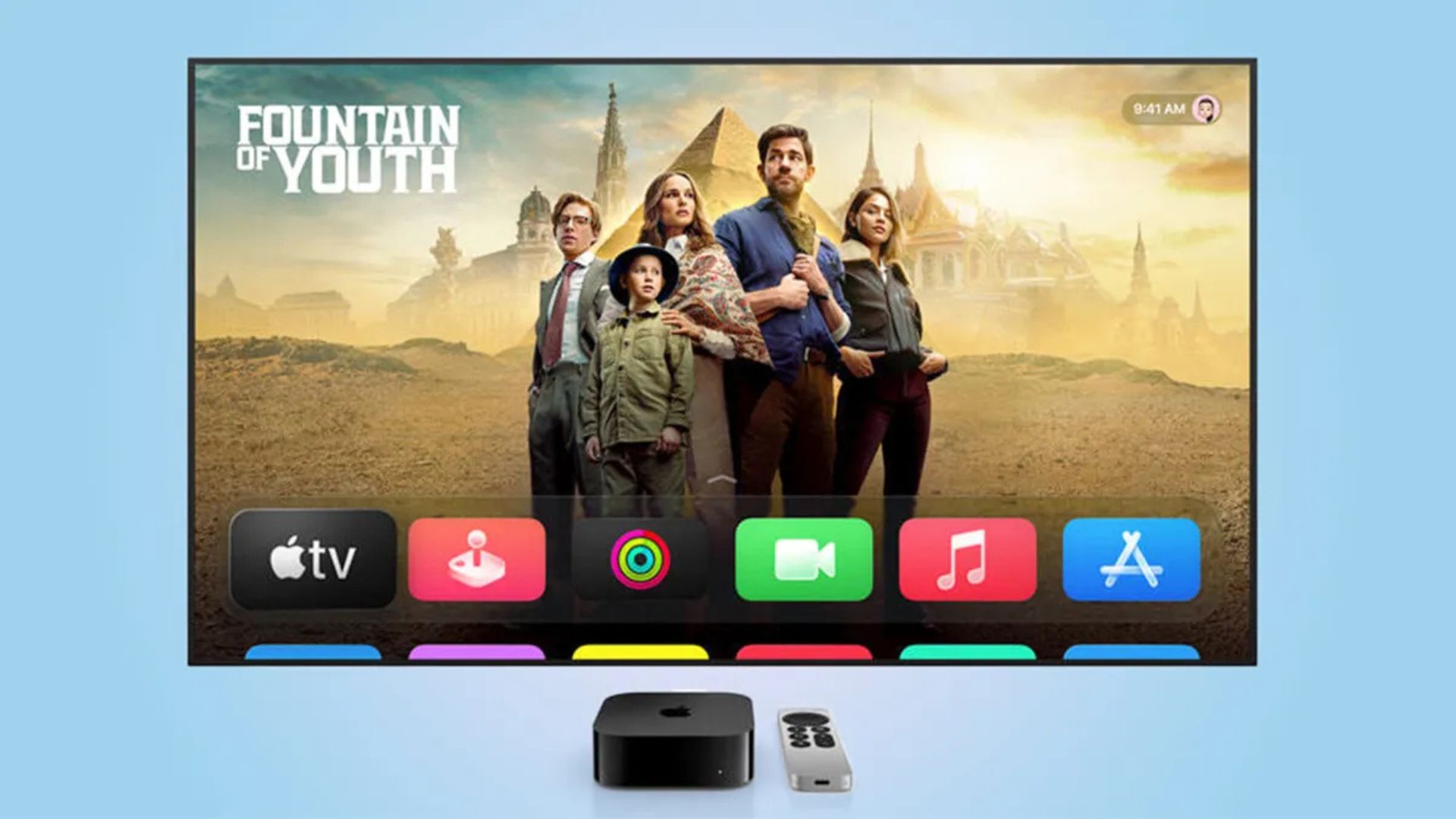
Apple is gearing up to launch a new Apple TV this fall, featuring a suite of advanced AI capabilities that promise to transform home entertainment. According to Bloomberg’s Mark Gurman, the upgraded streaming device will debut with a faster processor and Apple’s new N1 networking chip, already seen in the latest iPhone models, but its standout feature will be support for next-generation Siri powered by Apple Intelligence (Digital Trends; Tom’s Guide).
This refreshed Apple TV represents Apple’s most significant streaming-device update since 2022, positioning Siri not just as a voice command tool but as an AI companion capable of deep content analysis and personalized suggestions. The rollout is part of a broader October product wave that also includes the M5 iPad Pro, second-generation AirTag, Vision Pro refresh, and updated HomePod mini.
AI-Powered Entertainment Experience
With the new Siri integration, Apple TV will enable users to identify actors on screen and instantly pull up their filmographies, answer detailed questions about plot points, and receive tailored viewing recommendations based on individual watch history. These features leverage Apple Intelligence to process both textual and visual cues in real time, raising the bar for interactive home streaming devices (Digital Trends).
Competitors like Google and Amazon have already integrated their AI assistants into smart TVs and streaming sticks—Google’s Gemini on TVs and Alexa+ on Fire TV—so Apple’s enhanced Siri aims to deliver a more seamless, privacy-focused AI experience that taps into on-device processing and end-to-end ecosystem integration.
October Product Launch Wave
The upgraded Apple TV is slated to launch alongside a refreshed iPad Pro powered by the M5 chip in October. This tablet marks the first time Apple’s flagship silicon appears in an iPad before any Mac, underscoring the company’s commitment to optimizing AI performance across device categories. Subsequent releases will include second-generation AirTags with improved Ultra Wideband chips, a Vision Pro refresh with M5 silicon, and a HomePod mini update featuring new colors and enhanced Siri support.
Analysts expect Apple to maintain this accelerated launch cadence into early 2026, ensuring that each device benefits from the latest AI advancements. By spacing these releases strategically, Apple can refine software and hardware integration—particularly AI features—rather than rushing products to market without full maturity.
Smart Home Integration
As a central HomeKit hub, the new Apple TV will continue supporting Thread and Matter standards for seamless smart-home control. The integration of Apple Intelligence will allow the device to anticipate user needs, such as adjusting lighting scenes based on viewing preferences or proactively suggesting automation routines.
This deeper AI integration aligns with Apple’s broader smart-home strategy, which includes a rumored spring 2026 smart display and ongoing enhancements to the HomePod mini. By embedding powerful AI capabilities in Apple TV, the company aims to make its set-top box the intelligent centerpiece of the modern connected home.











